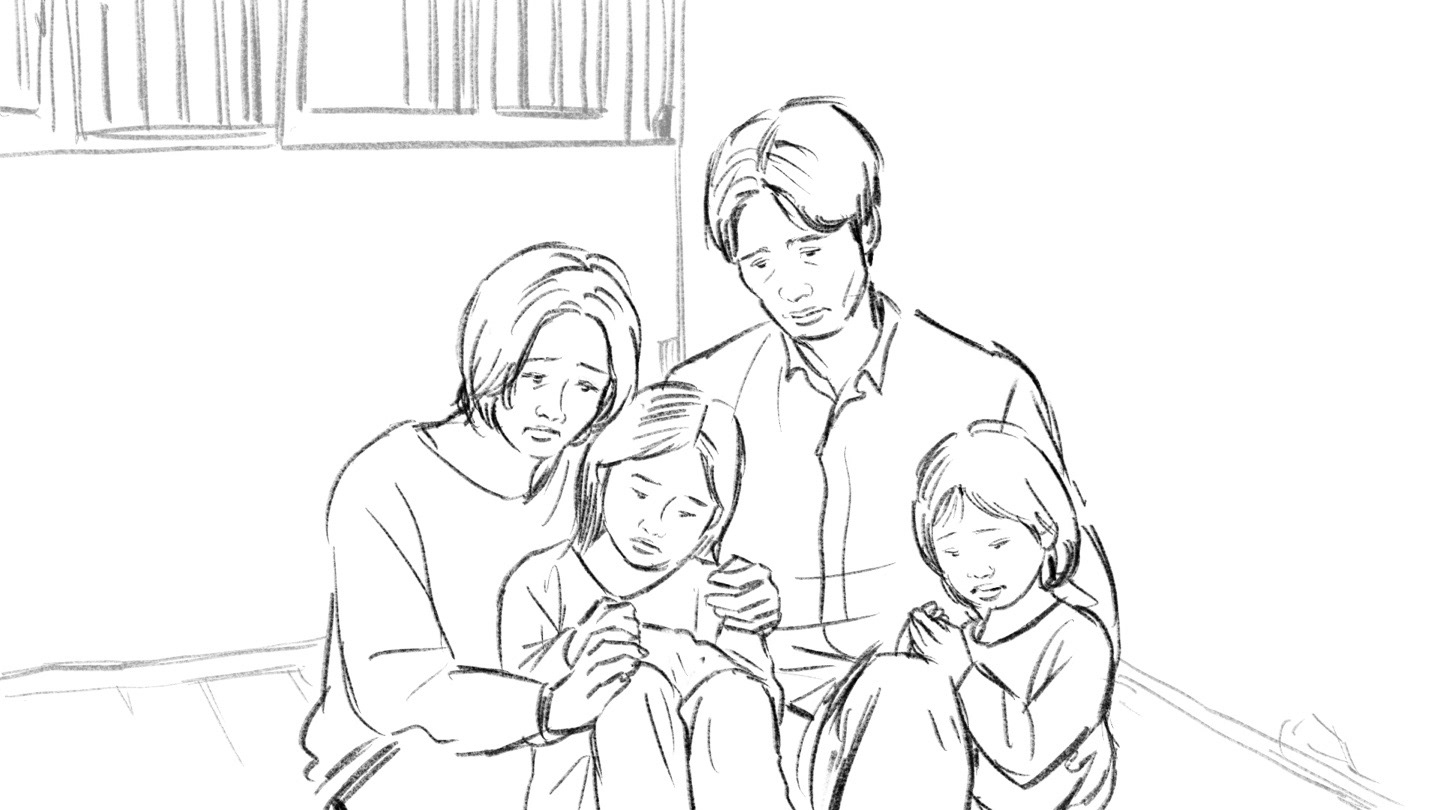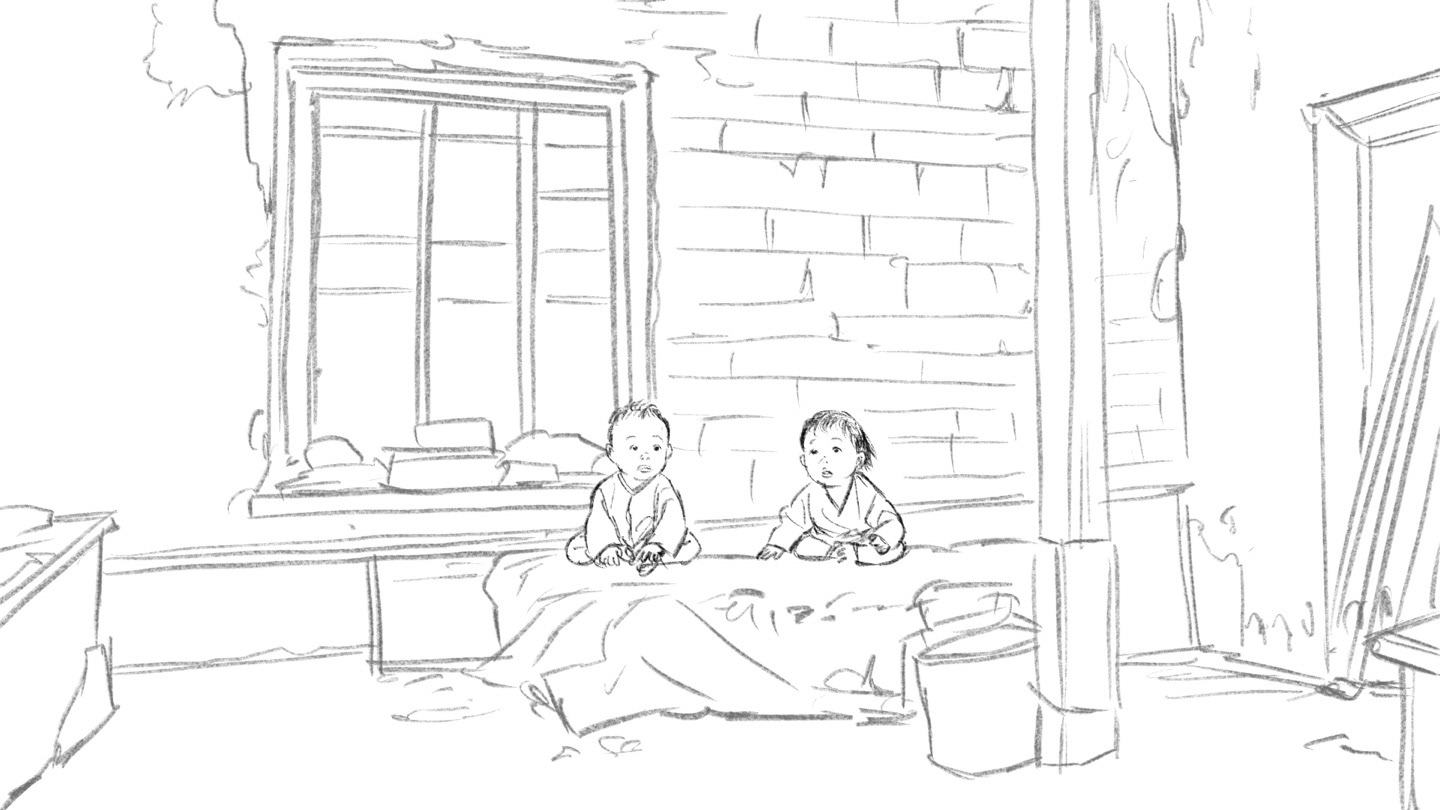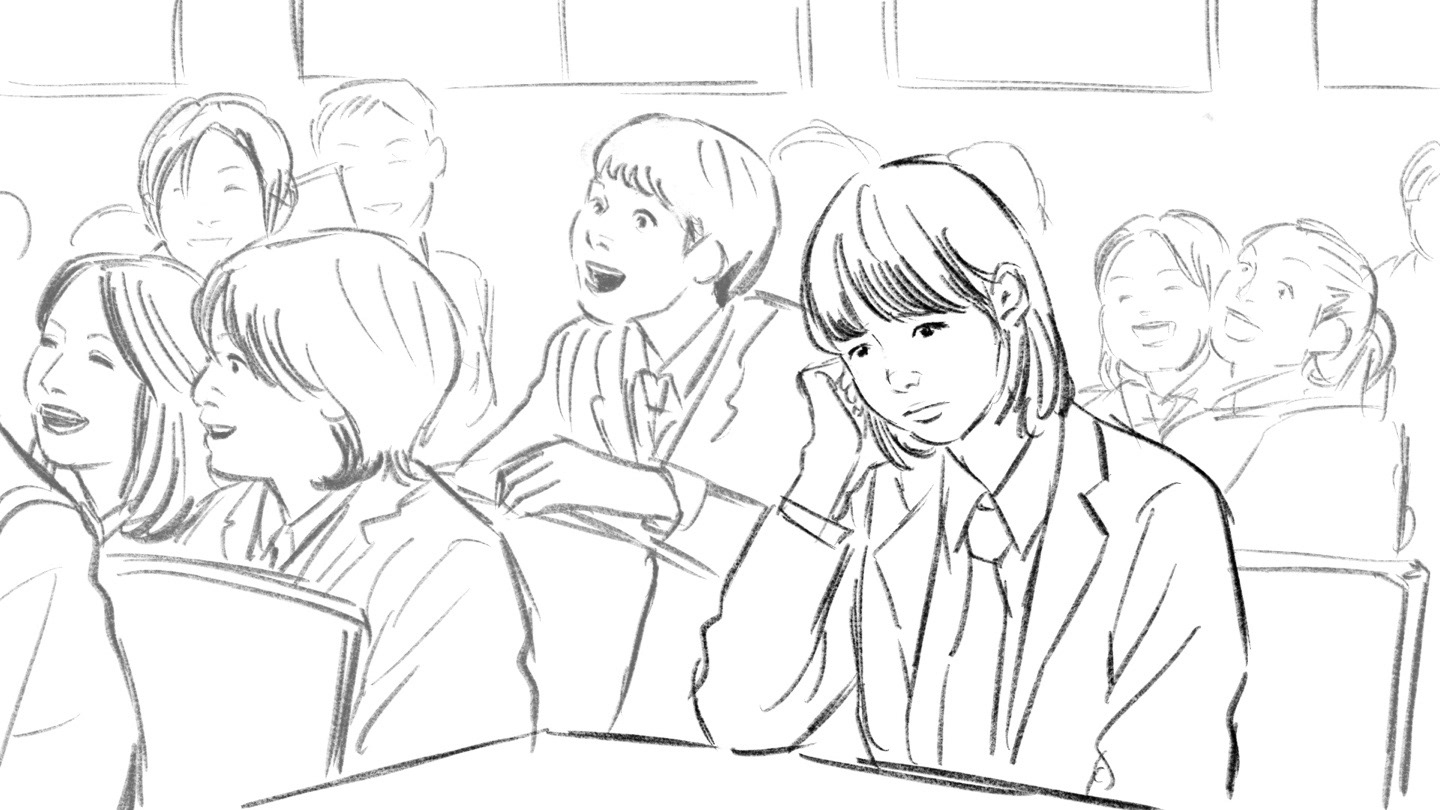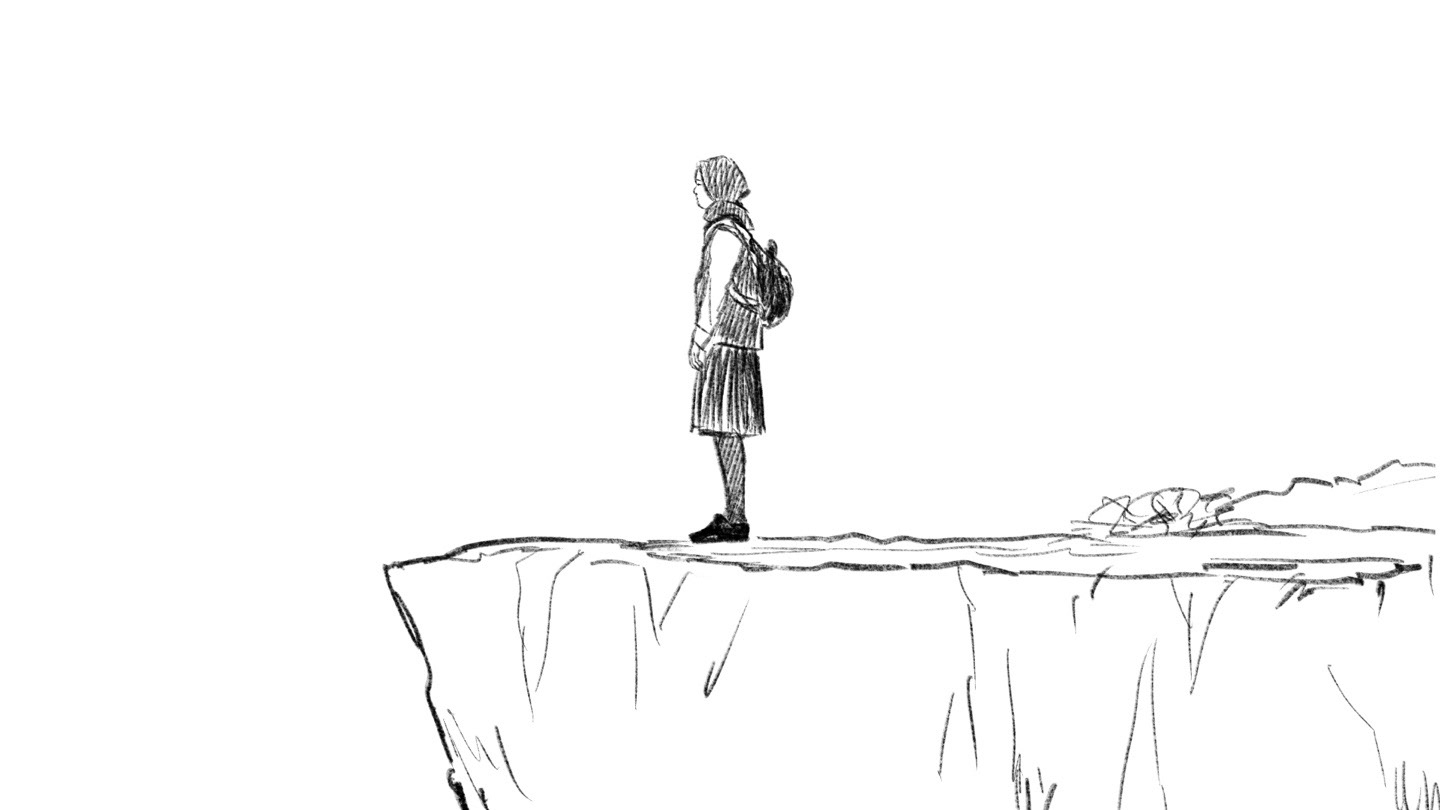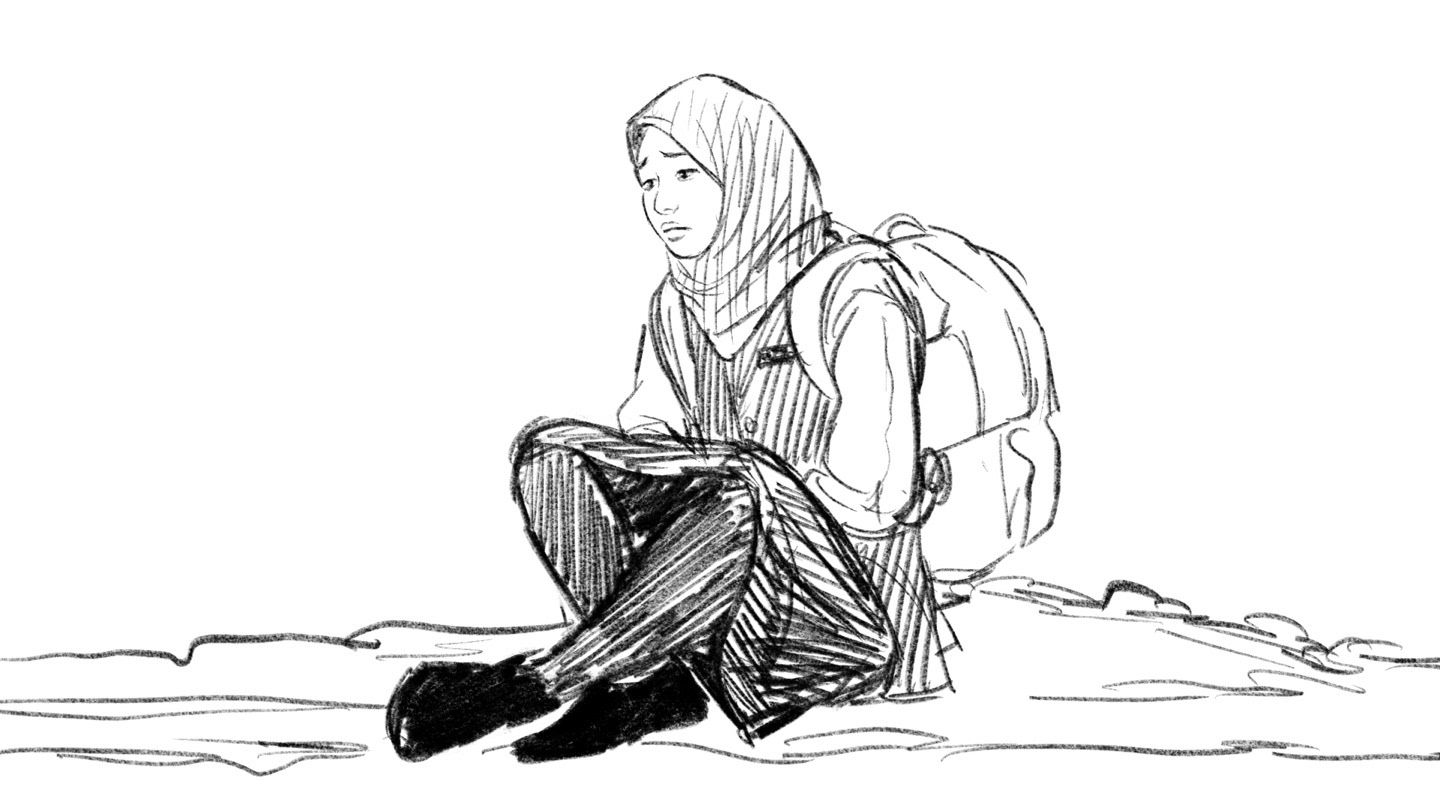KBS 특별기획 다큐멘터리
<살고 있으나 없는 아이들>
KBS Special Documentary
<Living Yet Invisible Children>
법적 체류 기간이 끝난 외국인 부모 밑에서 태어난 국내 미등록 이주 아동청소년들에 대한 이야기입니다. 아이들은 본국과 한국 어느 곳에도 출생신고를 할 수 없고, 아파도 병원에 제때 가지 못합니다. 모국어가 한국어이고 한국 문화속에 자란 아이들이지만 고등학교를 졸업하는 순간 낯선 본국으로 퇴거 대상이 됩니다.
This is a story about undocumented migrant children and teenagers born to foreign parents whose legal residency period in Korea has ended. These children cannot register their births in either their parents' home country or Korea, and they struggle to access healthcare promptly when ill. Although their mother tongue is Korean and they have been raised within Korean culture, they become subject to deportation to their unfamiliar homeland the moment they graduate from high school.
지은이의 엄마이자 인도네시아인 푸트리씨는 한국에 불법체류하는 도중 테러리스트를 국정원에 신고했습니다. 한국에서 난민 체류 비자를 얻지 못하고 1년 단기비자를 받으면서 여전히 본국으로 돌아가게 될 위험에 처해있습니다. 본국으로 돌아가면 자신들의 신분이 그대로 노출돼 테러리스트의 보복을 당할 수 있기 때문입니다.
Jieun's mother, Putri, an Indonesian, reported a terrorist to the National Intelligence Service while staying illegally in Korea. Unable to secure a refugee residency visa in Korea and receiving only a one-year short-term visa, she still faces the risk of being sent back to her home country. Returning home poses a grave risk as their identities could be exposed, making them vulnerable to retaliation by terrorists.
베트남 여성 란씨는 한국에 들어와 불법체류 도중 사랑하는 남자를 만나 아이들을 낳았습니다. 한국에서 아이를 키울 수 없는 형편이라 베트남의 할아버지, 할머니에게 아이들을 보냈습니다. 1살이 되기 전에 베트남으로 보내진 아이들은 어느덧 15살 여자아이, 13살 남자아이로 자라났습니다. 자라는 동안 한 번도 어머니를 실제로 만나지 못하고 매일 영상통화만 하고 있습니다.
Lan, a Vietnamese woman, met the man she loves while staying illegally in Korea and had children with him. Unable to raise her children in Korea, she sent them to their grandparents in Vietnam before they turned one year old. The children, a 15-year-old girl and a 13-year-old boy, have grown up without ever meeting their mother in person, maintaining contact only through daily video calls.
몽골인 미등록 이주학생 키릴은 제주도로 수학여행을 가려고 합니다. 그러나 그녀에게는 자신의 신분을 증명할 주민등록번호나 외국인등록번호가 없습니다. 신분증이 없다보니 비행기 티켓 구매가 불가능합니다. 반 아이들은 좋아하는데 혼자 못갈 수 있다는 생각에 우울해하며 선생님을 찾아가 상담했고, 선생님이 개인적인 방법을 이용해 도움을 주고자 합니다. 공식적인 지원은 받을 수 없습니다.
Kiril, an undocumented Mongolian student migrant, wishes to go on a school trip to Jeju Island. However, she lacks a resident registration number or foreigner registration number to prove her identity, making it impossible for her to purchase a plane ticket. The prospect of being the only one unable to join her classmates has left her feeling depressed. She sought counseling from her teacher, who wants to help her through personal means, as official support is not available.
아스팔트를 뚫고 피어나는 꽃처럼, 아이들은 이러한 환경을 극복하고 잘 자라날 수 있을까요?
Like flowers that bloom through cracks in the asphalt, can undocumented migrant children overcome these adversities and grow up well?
미등록 이주청소년은 고등학교 졸업때까지는 강제퇴거, 이른바 추방이 유예됩니다. 하지만 고등학교 졸업후 단속에 걸리면 추방당하게 됩니다. 더욱이 신분이 등록되어있지 않아 대학 진학도 불가능한 상태입니다.
Undocumented migrant teenagers are exempt from deportation, or so-called expulsion, until they graduate from high school. However, if they are caught in a crackdown after graduation, they face deportation. Furthermore, their unregistered status makes it impossible for them to pursue higher education.
PROCESS : ROUGH SKETCH
